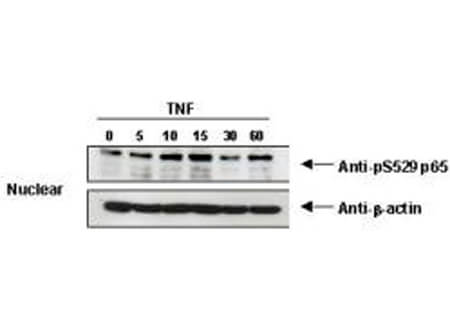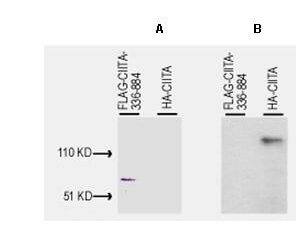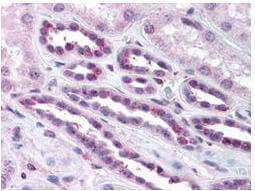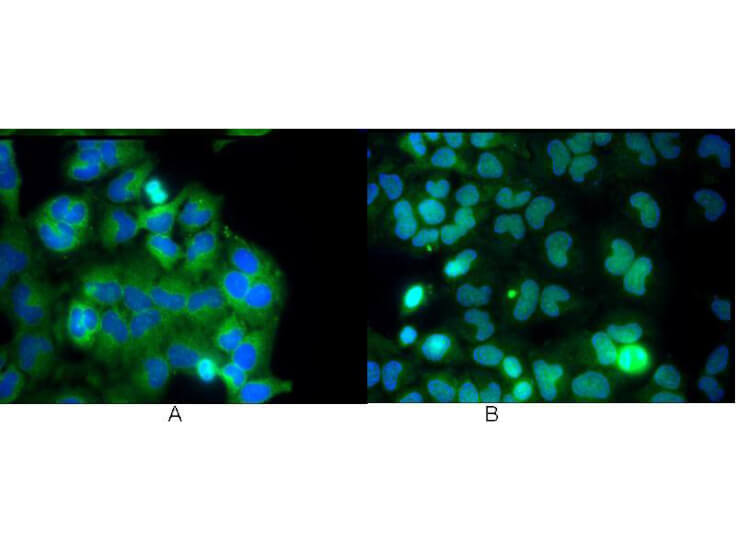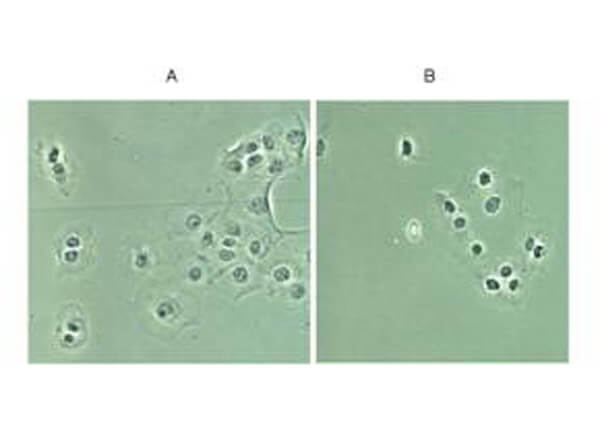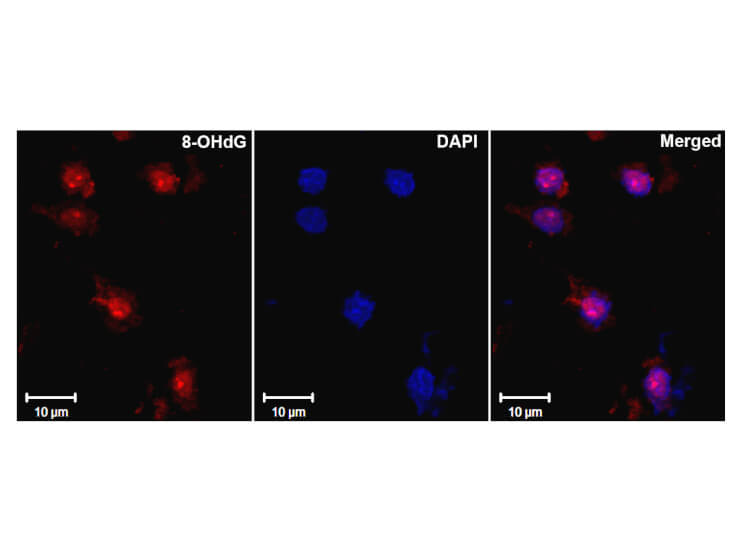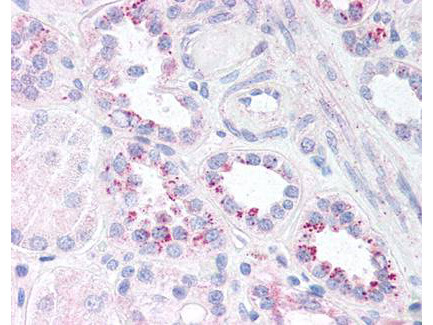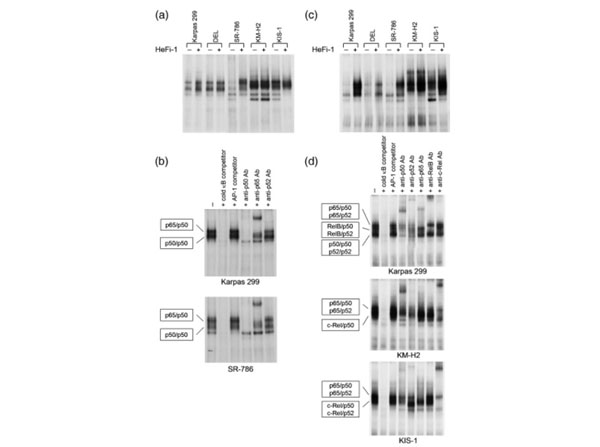Epigenetics
Rockland's Epigenetics Antibodies category features the advanced Epi-Plus™ line, offering unparalleled specificity and sensitivity for detecting histone modifications and related cellular targets. Designed to meet the rigorous demands of epigenetics research, these antibodies undergo strict validation processes, ensuring their performance across a range of applications including IF, IP, ChIP, IHC, and WB. Explore this category to find high-quality antibodies that deliver reliable results:
- High specificity: Epi-Plus™ antibodies are tailored to detect specific modifications
- Versatile applications: Validated for use in IF, IP, ChIP, IHC, and WB analyses
- Quality assured: Produced under stringent quality control to ensure optimal performance
Product Categories
Applications
Reactivity
Host Species
Conjugation
Format
Post-Translational Modification
Sample Size
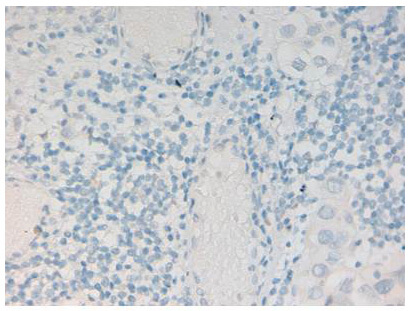
_antibody_1_IHC_4x3.jpg)
